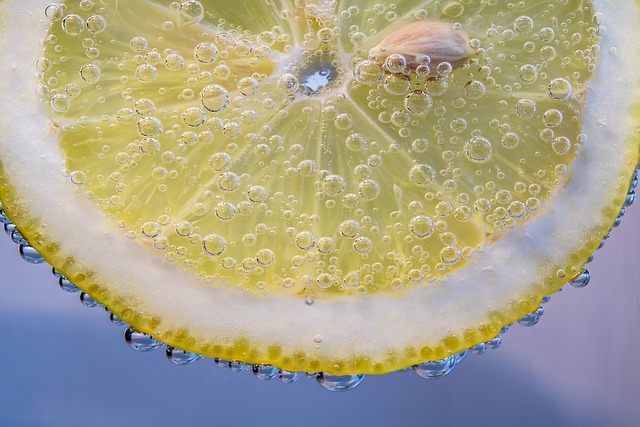Probiotics vs. Prebiotics: What’s the Difference and Why It Matters
Probiotics and prebiotics are two terms that are commonly used in the world of digestive health, but many people are confused about what they actually mean. While they sound similar, these two substances play very different roles in keeping your gut healthy.
What are Probiotics?
Probiotics are living microorganisms that are similar to the beneficial bacteria found in our gut. They can be found naturally in fermented foods like yogurt, kefir, and sauerkraut, or they can be taken as supplements.
The idea behind probiotics is that by introducing “good” bacteria into your gut, you can crowd out harmful bacteria, improve your gut flora balance, and boost your immune system. Studies have shown that probiotics can be helpful for a range of digestive issues, including irritable bowel syndrome, inflammatory bowel disease, and diarrhea caused by antibiotics.
Some of the most common probiotic strains include:
- Lactobacillus acidophilus
- Bifidobacterium bifidum
- Streptococcus thermophilus
What are Prebiotics?
Prebiotics, on the other hand, are non-living substances that help nourish the good bacteria already present in your gut. They are types of dietary fibers that resist digestion in the small intestine and make their way to the large intestine, where they serve as a food source for beneficial bacteria.
While prebiotics don’t directly provide bacteria to your gut like probiotics do, they do help create an environment that is conducive to healthy bacterial growth.
Some examples of prebiotic foods include:
- Chicory root
- Jerusalem artichokes
- Garlic
- Onions
- Bananas
- Asparagus
Why It Matters
While both probiotics and prebiotics are beneficial for digestive health, they work in different ways and have different benefits. Probiotics are beneficial for introducing new “good” bacteria to your gut, while prebiotics help feed the bacteria that is already there. Both are important for keeping your gut healthy and balanced.
Incorporating probiotic-rich foods like yogurt and kefir, as well as prebiotic-rich foods like bananas and garlic, into your diet can help promote healthy digestion and improve your overall health. You can also take probiotic and prebiotic supplements to ensure you’re getting enough of these substances.
It’s also important to note that not all probiotics and prebiotics are created equal. Different strains of bacteria and types of fiber can have different effects on the body, and some may be more effective than others for certain conditions. If you’re interested in incorporating probiotics and prebiotics into your diet, it’s a good idea to talk to your doctor or a registered dietitian to determine the best options for you.
The Bottom Line
Probiotics and prebiotics are both important for gut health, but they have different functions. Probiotics introduce new good bacteria to your gut, while prebiotics help feed the good bacteria that is already there. Incorporating both into your diet can help promote healthy digestion and improve your overall health.







